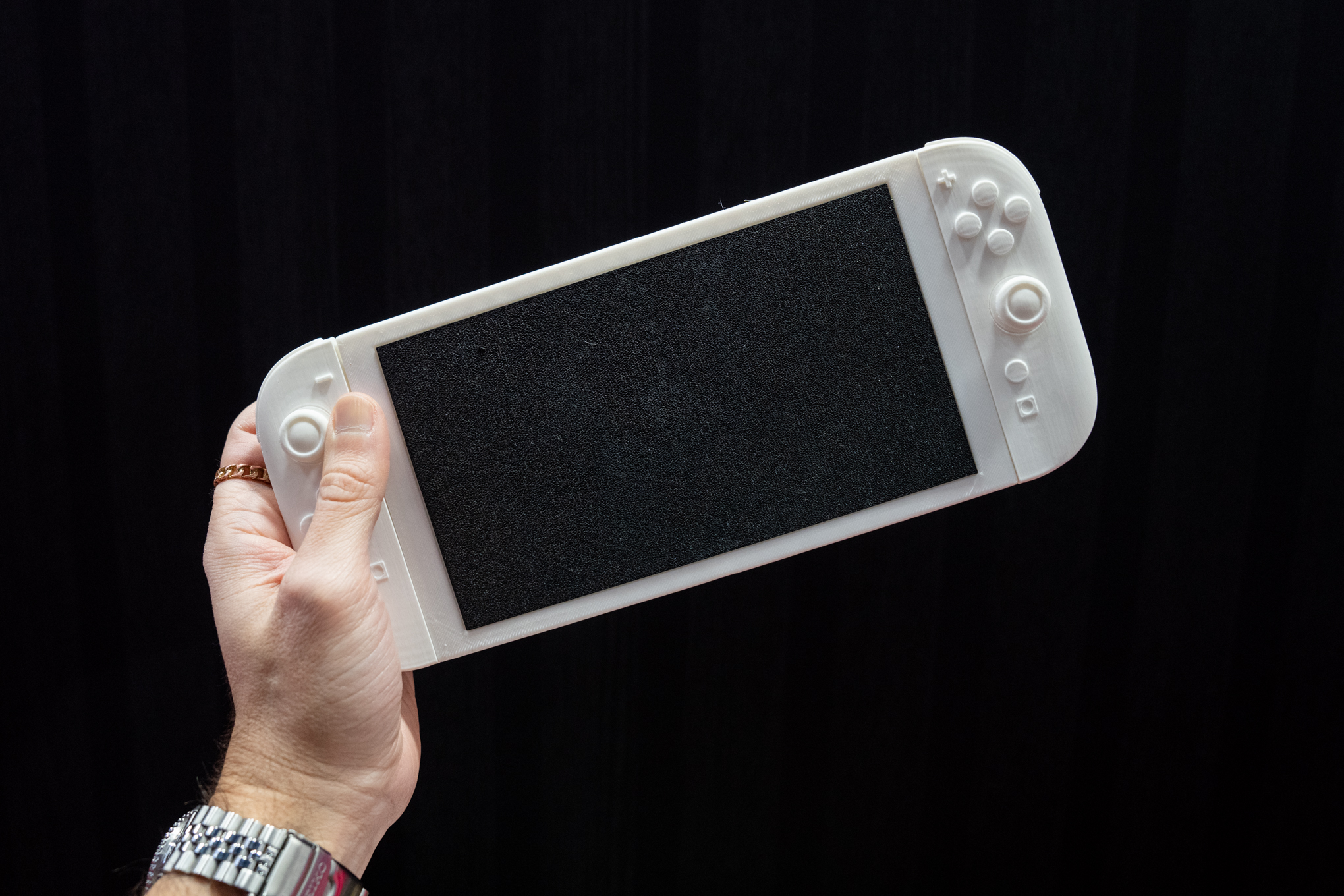
Nintendo has settled the lawsuit it filed against accessory maker Genki over the Switch 2 mockup it showcased at CES before the console was officially revealed, and accessories it promoted using the Switch 2 name. Genki’s parent company, Human Things, will pay Nintendo an undisclosed amount of money in damages to close the case, according to a legal filing submitted on Monday, and has agreed to stop giving its products names that are “confusingly similar” to official Nintendo intellectual property.
The dispute began in January after Genki showed off an accurate 3D-printed Switch 2 mockup at CES, even including the console’s logo, days before it was officially launched by Nintendo. The company also began to promote its range of Switch 2 accessories before the console was announced.
Nintendo later filed a complaint against the accessory maker in May over alleged “trademark infringement, unfair competition, and false advertising.” Nintendo said it didn’t provide Genki with technical Switch 2 specifications, and alleged that Genki either “unlawfully or illicitly obtained an authentic Nintendo Switch 2” prior to the console’s public release, or “cannot claim compatibility with enough certainty to make its advertising claims in good faith.”
The financial terms of the settlement haven’t been disclosed. According to the settlement filing, Genki attests that it “did not obtain access to” a Switch 2 before the console’s launch announcement, and the origins of the 3D-printed dummy unit remain unclear.
In the original lawsuit filing, Nintendo said that Genki had also infringed its trademark by marketing third-party accessories and services using language that alluded to Nintendo’s IP, such as “Genki Direct,” and “Genki Glitch 2.” Nintendo accused Genki of “taking advantage of the trust and loyalty that Nintendo fans have for the Nintendo brand and mark and causing actionable harm.”
Genki is still permitted to reference Nintendo branding in its own products in a “nominative fair use manner” under the new settlement agreement, but only when the company is making verified compatibility claims or to clarify its affiliation with Nintendo products as a third-party accessory producer.

